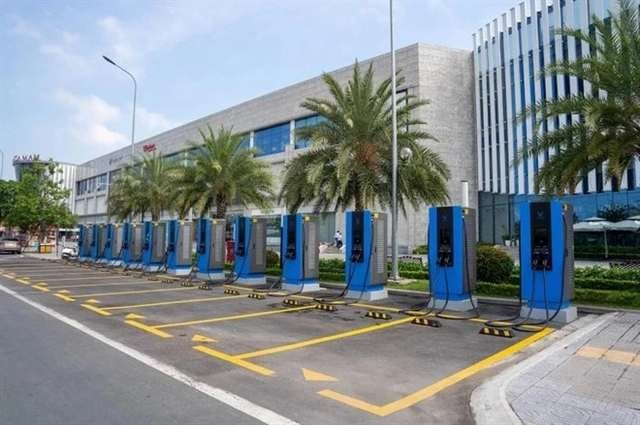Hanoi—Vietnam requires a significant $14 billion investment to establish a nationwide network of electric vehicle (EV) charging stations, according to recent reports. The initiative is part of the government’s larger strategy to support the rapid adoption of EVs and reduce greenhouse gas emissions in alignment with its sustainability goals.
With domestic and international automakers expanding their EV production, the demand for comprehensive charging infrastructure is increasing. Experts warn that without sufficient facilities, the growth of Vietnam’s EV market could be hampered, stalling the country’s transition to green mobility.
The funding gap presents both challenges and opportunities. While such a massive investment might strain public resources, Vietnam’s government is actively encouraging private sector participation. International partnerships and foreign direct investment are also seen as crucial to bridging the financial gap and bringing advanced technologies to the country.
The EV push aligns with global trends, as Vietnam aims to compete with neighboring nations in Southeast Asia for leadership in clean energy innovation. By focusing on the dual goals of environmental preservation and economic modernization, Vietnam is positioning itself to attract global players in the EV ecosystem. However, timely policy reforms and efficient project execution will be critical to ensuring success.
The development of EV infrastructure is expected to not only drive environmental benefits but also create thousands of jobs and attract further investment in Vietnam’s growing automotive sector. The coming years will be pivotal in determining the country’s success in building a sustainable and competitive EV market.







